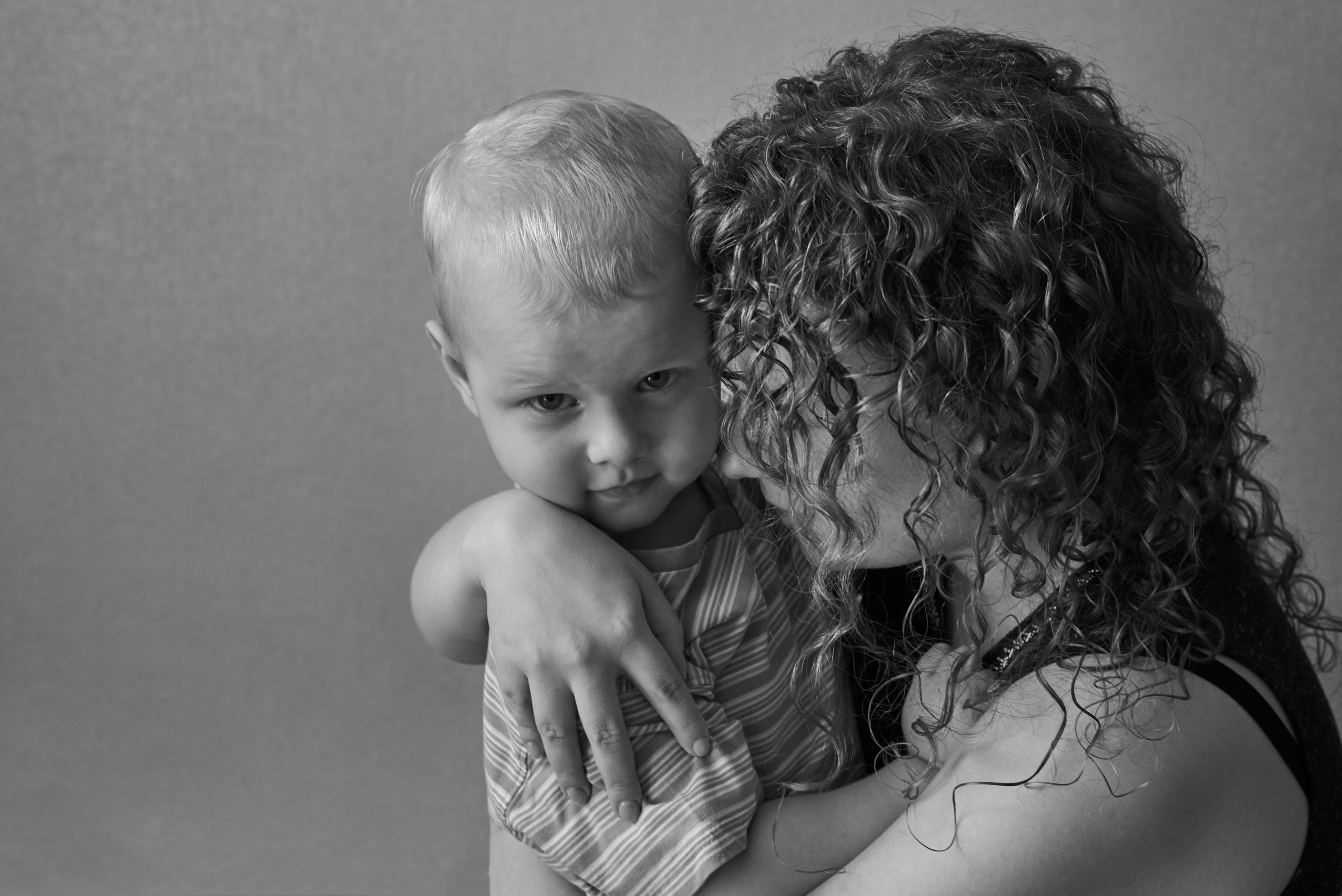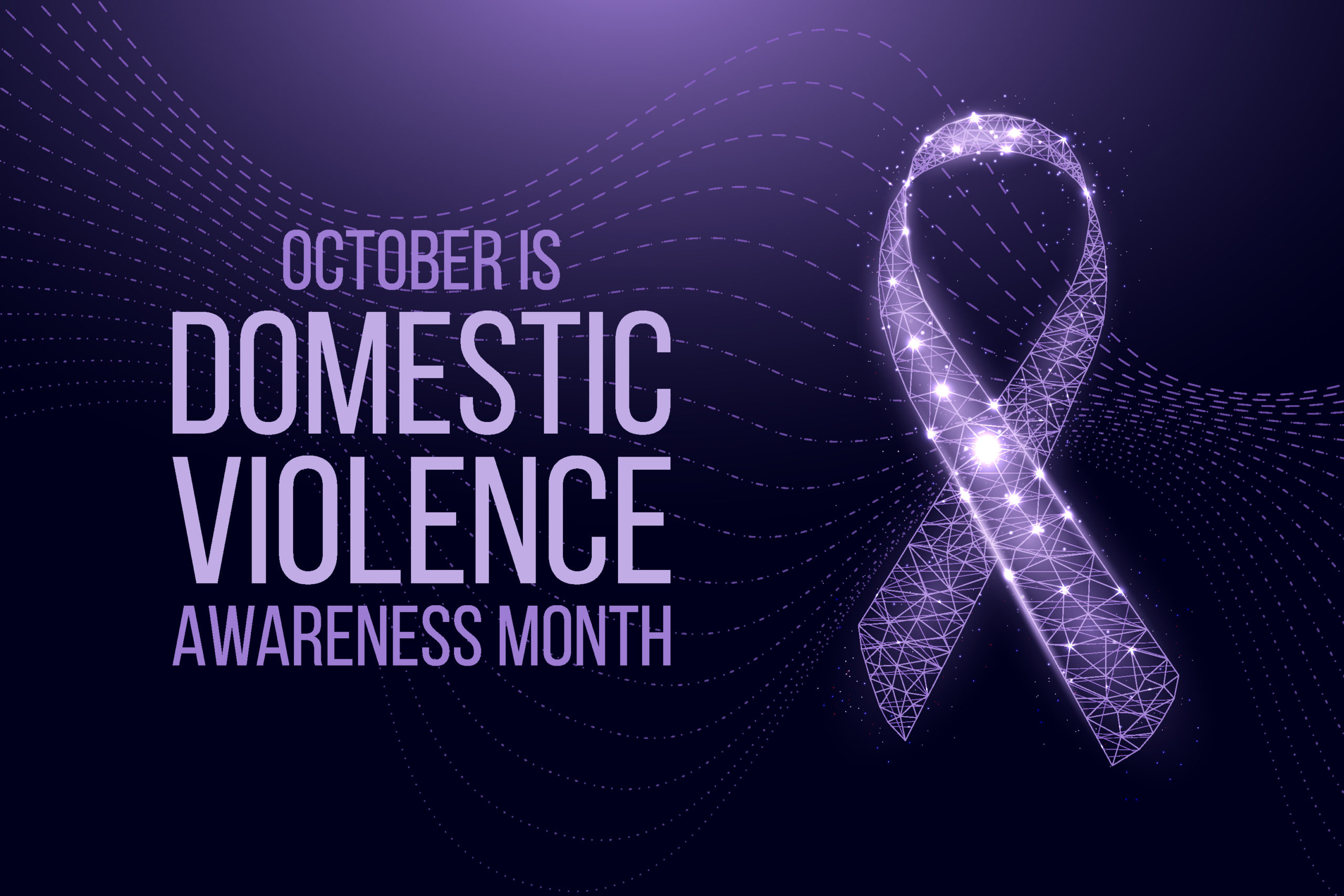February is Teen Dating Violence Awareness Month. Learn how to get involved and promote healthy, respectful relationships for teenagers, and how learning how to identify warning signs of abuse can […]
Victim service providers help individuals and families fleeing domestic violence. However, providers face additional complexity when it comes to protecting their clients’ privacy, which makes coordinating services within the continuum […]
The Continuum of Care Program provides social services to homeless populations, but what is it, exactly? How do continuums of care work? Learn more in this blog. Usually when people […]
New NOFOs, new resources, and new studies: There’s been a lot of new developments for continuums of care (CoC) over at HUD, and we’re here to show you the highlights […]
What can someone expect when entering a domestic violence shelter? Taking the first step in recovery can be difficult, but these shelters offer a stepping stone for survivors. Seeking Out […]
Victim service providers (VSPs) offer support and advocacy to individuals and families who have suffered domestic violence. Although similar, support and advocacy have distinctly different roles to play to ensure long-term success for victims.
How can VSPs best set survivors up for success? The path to healing from domestic violence may be difficult, but it doesn’t have to be lonely. Consider how and why VSPs are an integral part of this very healing.
Are you a Victim Service Provider? Then you should be aware of the signs of a successful comparable database for case management. It comes down to much more than simply following compliance for HUD–you need to make sure it has powerful management tools, a robust security model, and standards for accessibility.
Victim Service Providers (VSPs) are unique among health and human service organizations. Not only do they work among the most vulnerable populations in our communities, they also must adhere to strict rules from HUD in order to receive funding. VSPs need experts to help navigate these unique challenges in their data security and case management.
What are Victim Service Providers, and what do they do? Check out what they do, who they serve, and why HUD compliance is so important.
Did you know that on average, nearly 20 people per minute experience physical abuse by an intimate partner in the United States? In the span of a year, this equates to over 10 million men and women. For Domestic Violence Awareness Month, consider these reasons as to why awareness matters.
As the coronavirus pandemic continues, experts warn of the devastating effects of a rise in domestic violence. With close living quarters, financial and economic stress, and increased substance abuse, domestic violence cases are trending upward. Health and human service organizations can help mitigate this rise through regular screening and increased awareness.
Want Even More?
Get Started
By Phone
Contact us today to learn how Eccovia can help you achieve improved outcomes for the people your organization serves.











